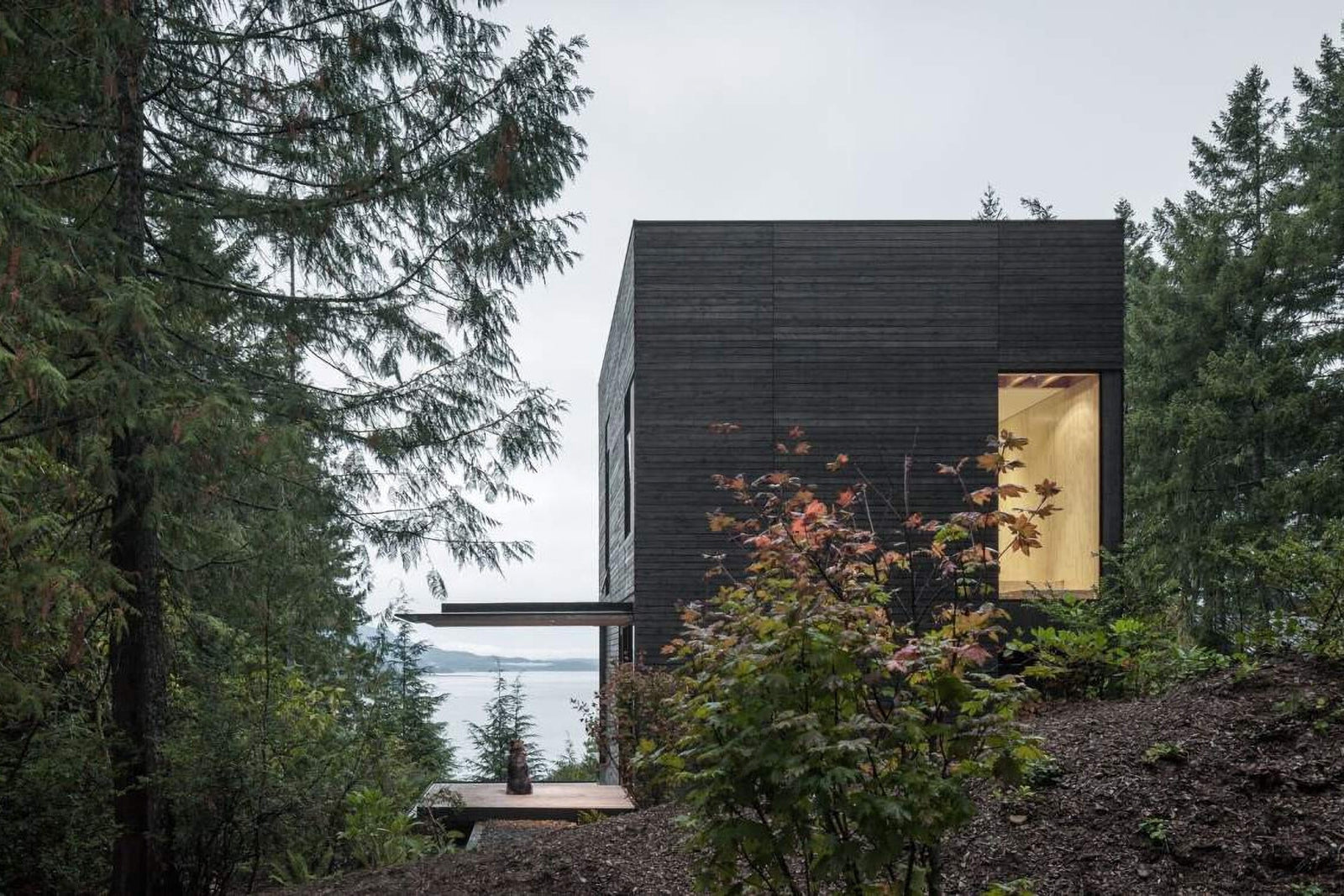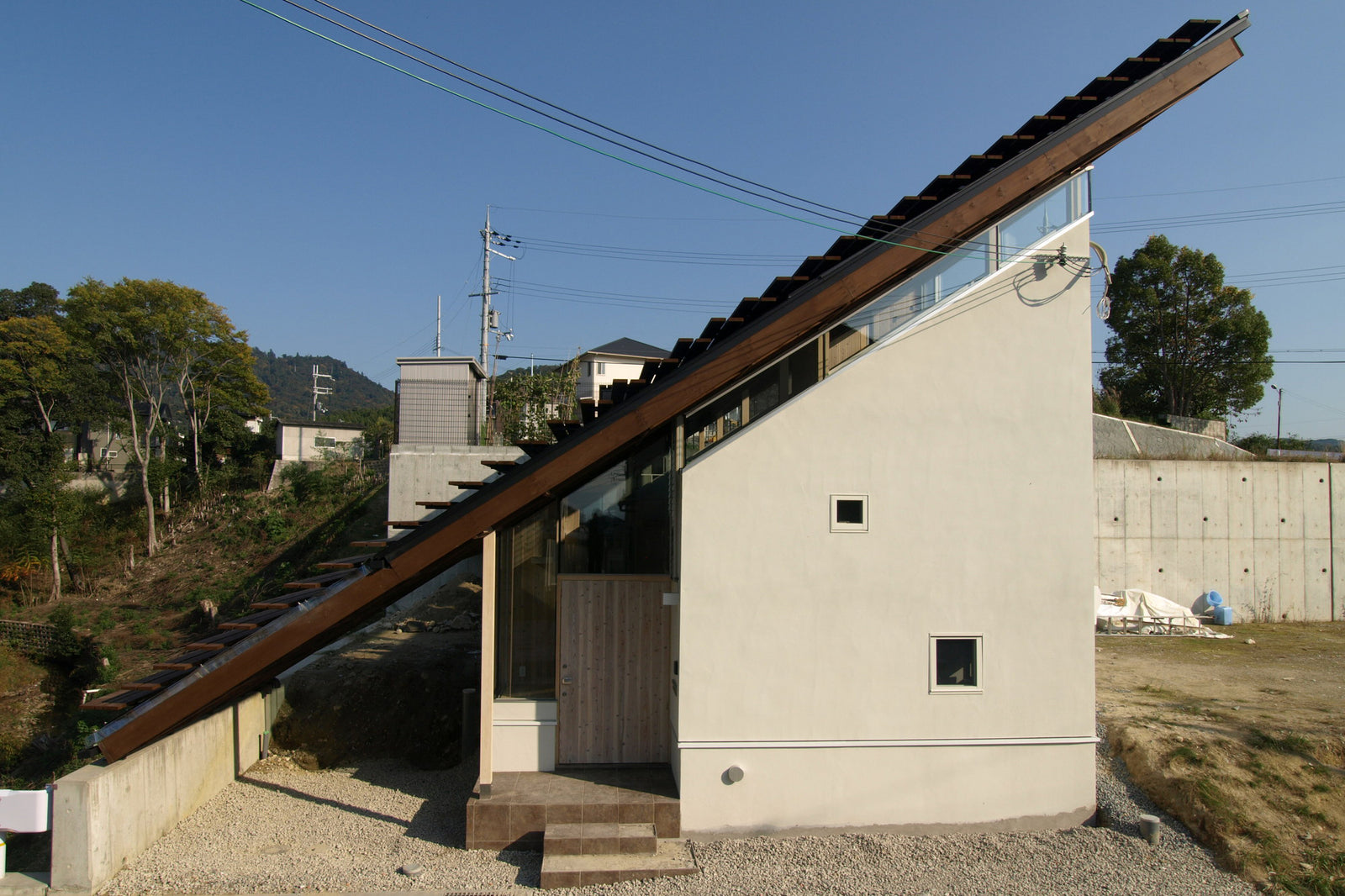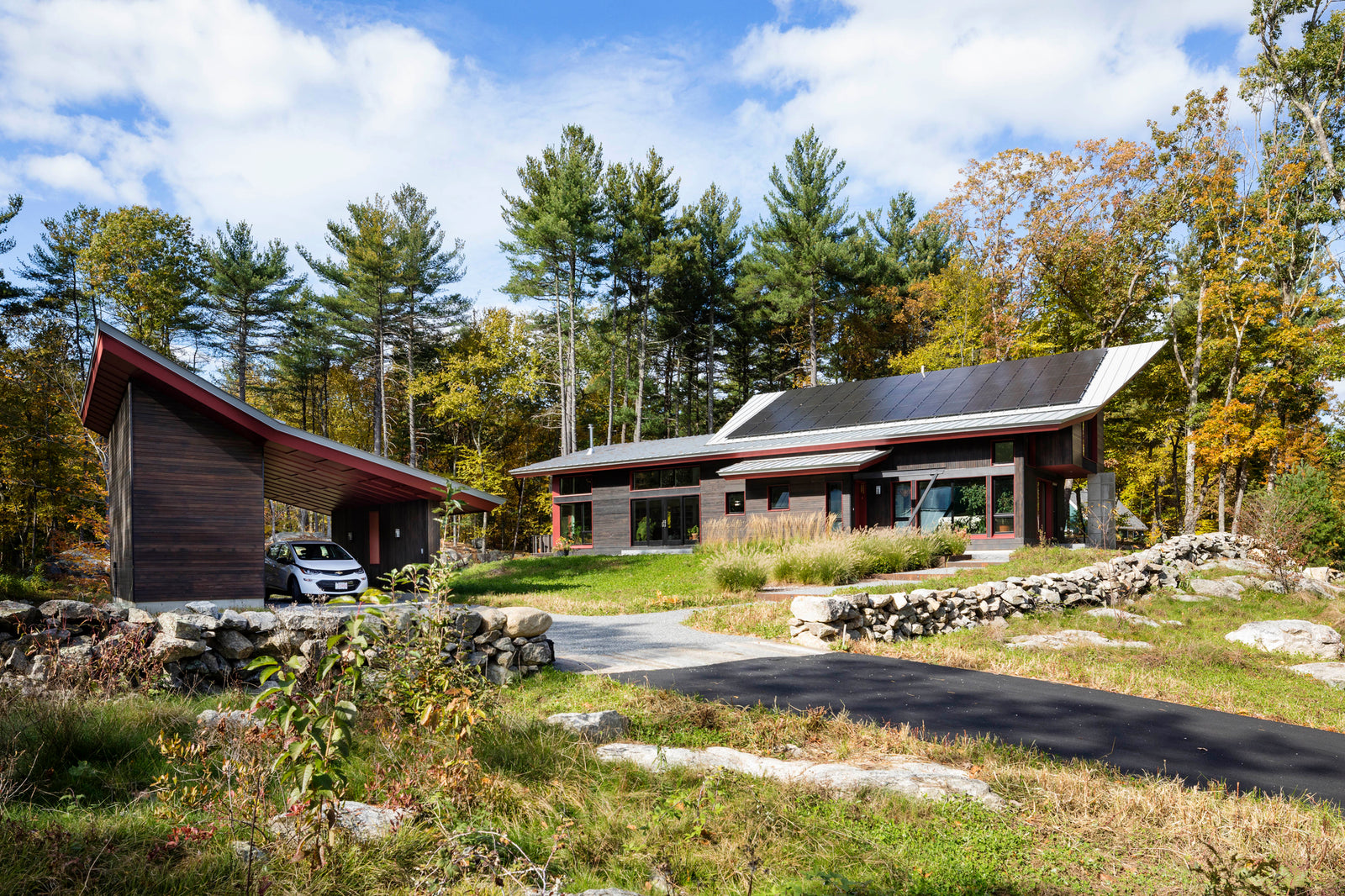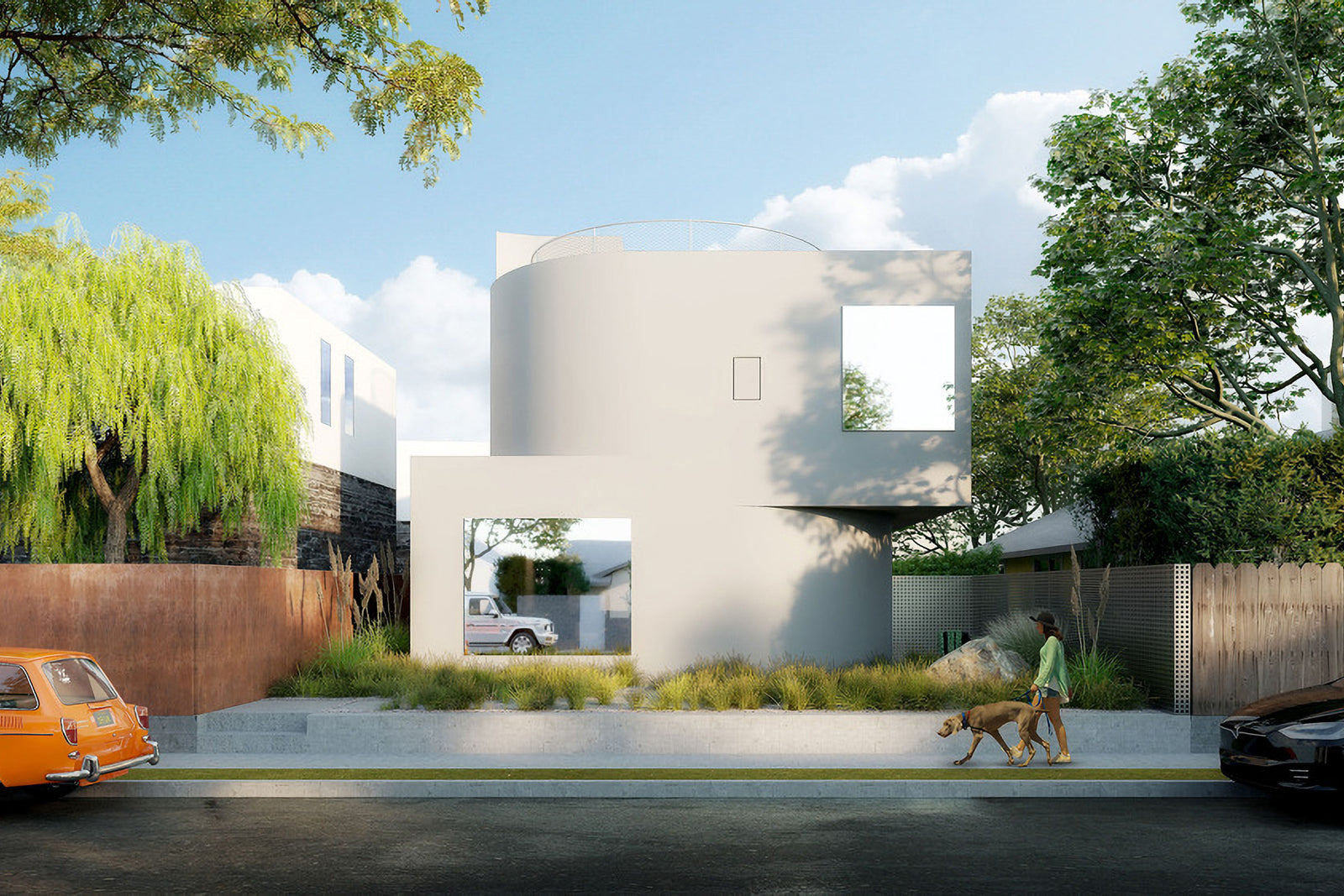Your Cart is Empty
- Decor
- Kitchen
- Tabletop & Bar
- Lifestyle
- Inspiration

MW Works, an American design firm, has created a tiny cabin in a Washington forest with outside walls made of worn wood and blackened cement.

The Little House is set in a thick second growth forest on a north-facing hill overlooking Hood Canal, with distant views to Dabob Bay. The new structure is barely over 20 m² in size and was designed to utilize an existing base. The basic design is abstracted against the woodland, creating a stark outside that contrasts with the warm and colorful interior.


The owners reside in Houston full-time but have spent many summers with relatives at a nearby property outside of Seabeck. They adored the wilderness of the southern Canal and envisioned a quiet refuge of their own here. Early design talks centered on developing a small, contemporary building that was both easy and economical to construct.


The project emerged from this notion, which was intentionally constrained on an existing footprint - a basic box with huge carved holes in both the roof and walls that deliberately embrace the views and natural light.


The location is approached from the south. The entrance is marked by a narrow canopy that frames views of the Canal below. The more translucent heights to the north and west draw the landscape and distant vista into the space. The south and east elevations remain mainly solid, blocking views from the road and nearby houses, with major views toward the ocean. Skylights cut into the roof, allowing light and starry vistas over the bed and into the shower.


The façade is wrapped with taut oxidized black cedar and blackened cement infill panels, while the inside is clad in softly painted MDF panels and soft pine plywood. A huge patio spreads out into the landscape on a sunny western corner of the home, connecting the structure to the broader property and providing as a jumping off point to the path system that winds down to the water's edge.


The modest footprint proved to be a useful tool for controlling the design process. The necessities were prioritized, while luxuries were cut due to both desire and a limited budget. The resultant proposal aspires to reflect the essence of the contemporary cabin — modest in size yet far larger than its confines.
















Photographs by Andrew Pogue.



The Radius House is the young firm's first residential project, which was finished in the early weeks of 2022.